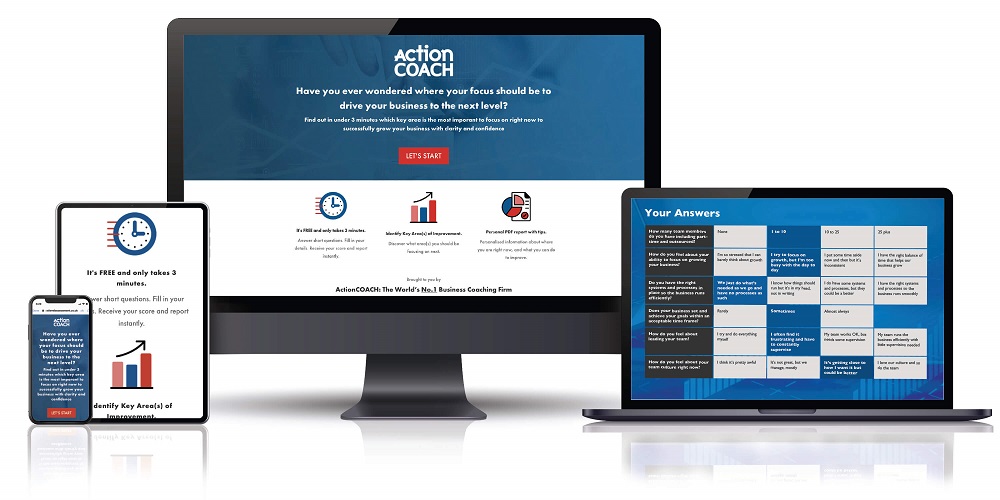What plans should I make, and actions should I take, in preparation for my Business exit?
Preparing for an exit from your business involves careful planning and execution to ensure a smooth transition and to maximise the value of your business. Don’t imagine that it will be quick – on average in the UK it takes 11 months from a sale being offered to completion.
Here are some key plans and actions to consider:
- Define your exit strategy: Start by determining your preferred exit strategy. Common options include selling the business, passing it on to a family member or successor, or transitioning to a management team. Clarify your goals, timeline, and desired outcomes to guide your preparations.
- Financial preparation: Ensure your financial records are accurate, up-to-date, and well-organised. This includes reviewing your financial statements, tax records, and other financial documentation. Consider engaging a financial advisor or accountant to help you assess the financial health of your business and identify any areas for improvement. Financial transparency is essential to enable the buyer to do the necessary due diligence, so make it easy for them.
- Valuation of your business: Determine the value of your business through a professional valuation process. This will help you understand its worth and negotiate a fair price if you plan to sell. Consider hiring a business appraiser or consulting with a business broker to assist with the valuation. I use a well respected online tool that provides UK comparables denominated in Sterling as a very useful early stage indicator.
- Strengthen your operations: Focus on strengthening the operational aspects of your business to make it more attractive to potential buyers or successors. Streamline processes, document standard operating procedures, and ensure key roles and responsibilities are well-defined. This will increase the efficiency and stability of your business, adding value to the potential buyer. To maximise the value of your business it should run predictably and consistently without you. Remember, the buyer doesn’t want to buy you – they want to buy a regular profit stream.
- Build a competent management team: If you plan to transition to a management team, ensure that you have capable individuals in key leadership positions. Develop a succession plan and provide necessary training and mentorship to groom potential successors. This will instil confidence in stakeholders and facilitate a smooth transition.
- Enhance market position and growth potential: Take steps to maximise the growth potential and market position of your business. This may involve investing in marketing and sales initiatives, expanding your customer base, diversifying product or service offerings, or strengthening strategic partnerships. Demonstrating growth potential can significantly enhance the attractiveness of your business to potential buyers.
- Seek professional advice: Engage professionals such as business brokers, lawyers, and accountants with expertise in business exits. They can guide you through the legal, financial, and logistical aspects of the process, ensuring compliance with regulations and maximising your chances of a successful exit.
- Develop a transition plan: Create a comprehensive transition plan that outlines the steps and timeline for your exit. This plan should address the transfer of ownership, key responsibilities, customer relationships, and other critical aspects of the business. Communicate this plan to relevant stakeholders, such as employees, customers, and suppliers, to minimise disruptions and build trust.
- Personal and financial planning: Consider the personal and financial implications of your exit. Develop a post-exit financial plan to secure your personal financial future. Evaluate your retirement goals, investment strategies, and any potential tax implications. Consult with a financial planner or wealth advisor to help you navigate these considerations.
- Maintain confidentiality: If you plan to sell your business, it’s essential to maintain confidentiality to avoid disruptions and maintain the trust of employees and customers. Control the release of information and consider using non-disclosure agreements (NDAs) when engaging potential buyers or investors.
Remember, the specific plans and actions may vary based on the nature of your business, your industry, and your personal circumstances. It’s advisable to seek professional advice tailored to your situation to ensure a successful exit from your business.
Want to take your business to the NEXT LEVEL before exiting?
Visit the link below to receive a FREE personalised business report: matthewatkin.nextlevelassessment.co.uk




